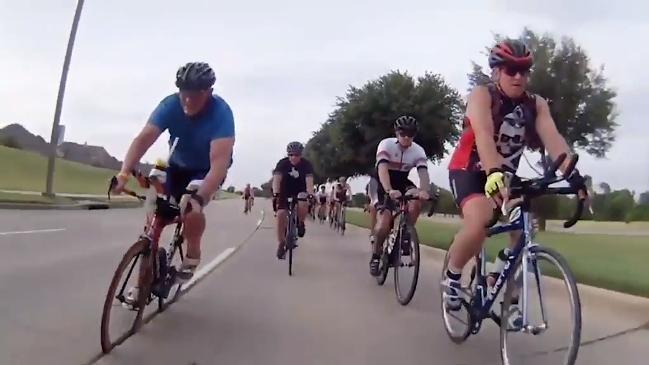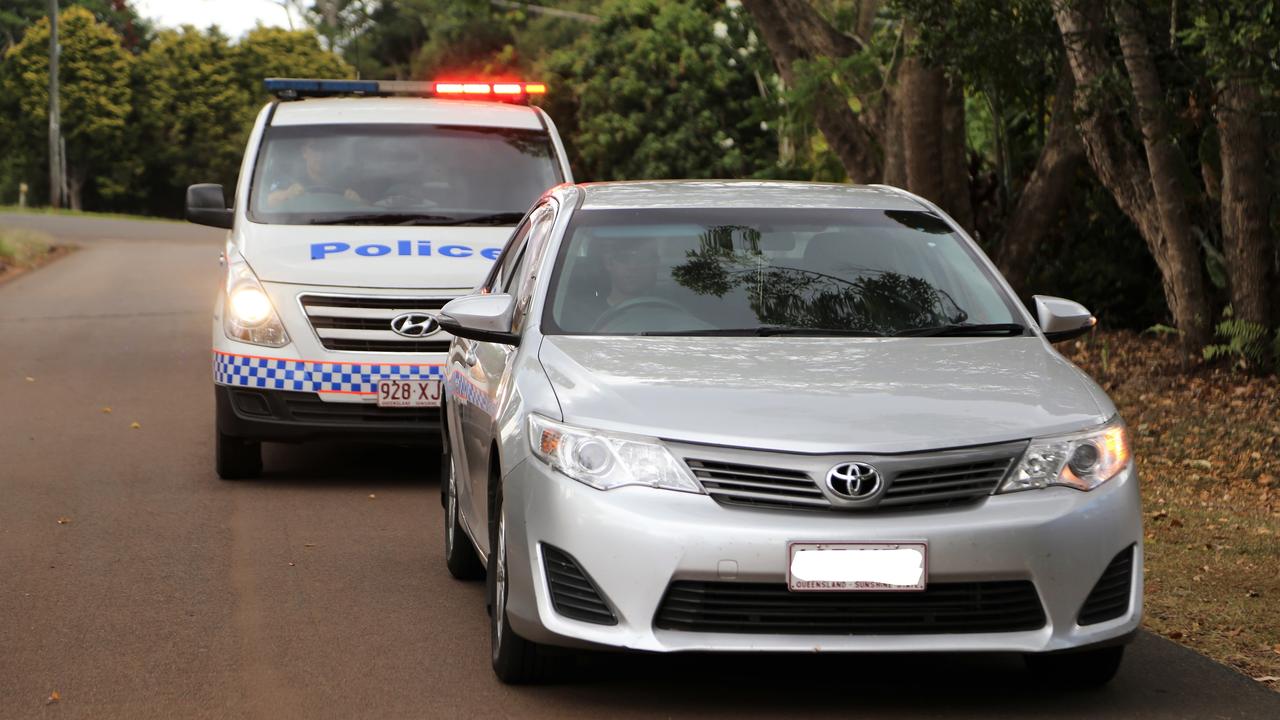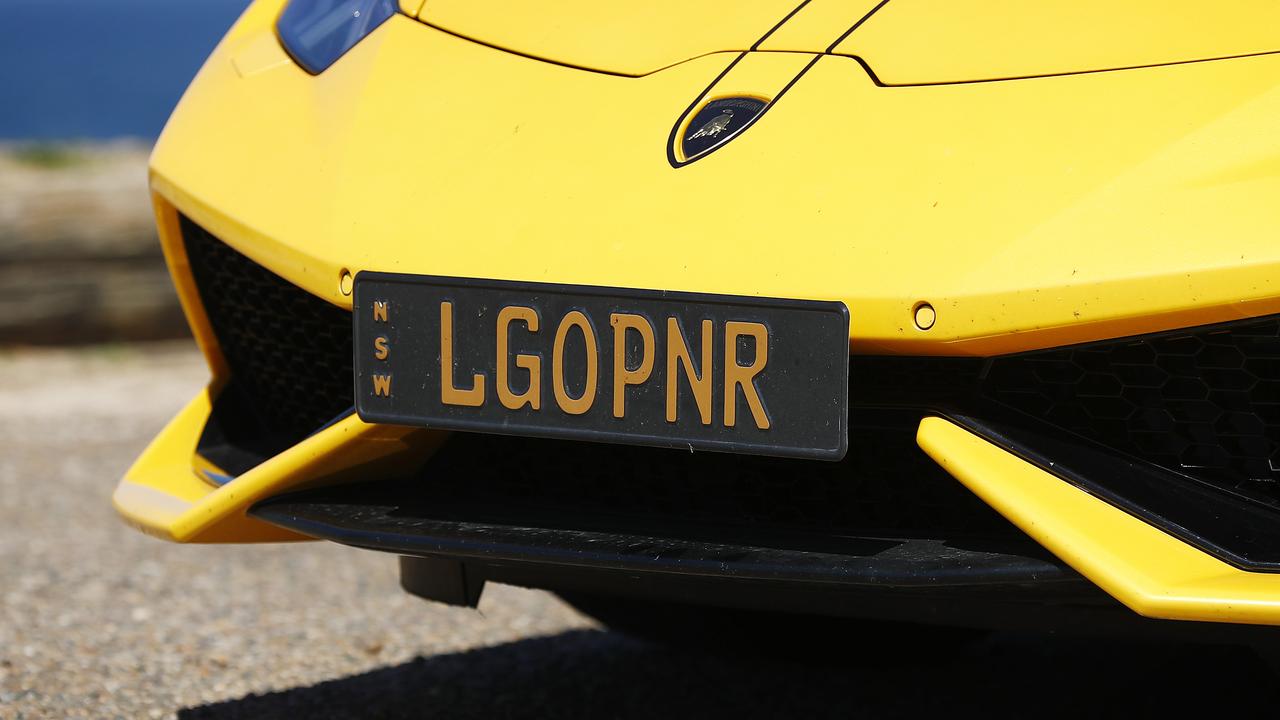Tiny invention making Australian roads safer for cyclists
IN car-versus-bicycle situation there’s only going to be one loser — the cyclist. But now new technology could flip the script.

YOU’VE probably heard of dashcam — a small camera that can be mounted on the front or rear of a car to continuously film the road.
They have become increasingly popular in recent years, with drivers using the footage as extra evidence in case of a crash.
And now it’s not just cars that are using these little cameras to catch out bad motorists, cyclists have got in on the action too.
READ: Tragic surge in cyclist deaths
The ongoing debate about whether cyclists should be allowed on the road and what rules should be imposed on them means bike riders can often become targets for abuse by other road users.
An Aussie company saw the need for cyclists to have as much protection on the roads as possible and to be able to have their own evidence if an altercation occurred on the road.

Perth-based tech company Cycliq created a dashcam for bikes as part of a push to hold both cyclists and drivers accountable for their actions.
Executive chairman Chris Singleton told news.com.au that while the cameras helped in the event of an accident, they also captured memorable parts of a ride.
“Our cameras catch the good, the bad and the funny. So whether that’s a cyclist riding along with a kangaroo, or having a video record of a vehicle vs. cyclist incident where there aren’t any other witnesses,” he said.
“The good is what most cyclists are keen to capture, long rides along scenic cycling routes and all the great adventures you can have with your mates.
“The majority of cyclists are keen to use them for this, but when the bad and the ugly come up, the camera is there for that too.”
The idea came about when the product’s founder Kingsley Fiegert had an object thrown at him from a passing car while he was out for a ride.
With the incident happening so quickly Kingsley wasn’t able to get the licence plate number of the car so there was no way to find the attacker and hold them responsible.

As a result Kingsley teamed up with his friend Andrew Hagen to develop a dashcam small enough to fit under a bike seat, which would later be known as the Fly6.
With cycling becoming an increasingly popular way to get around in overcrowded cities, Cycliq now sells it’s products all over the world.
Mr Singleton said that just having the camera installed can reduce the risk of directed attacks, as people are less likely to be confrontational if they know they’re on camera.
“People behave differently when they think they are on camera, similar to how typical CCTV and security cameras work,” he said.
“If you know are being recorded, you modify your behaviour accordingly, and this is true for both cyclists and drivers.”
According to Mr Singleton, one of the big safety issues facing cyclists is drivers not realising how close they actually come to bikes when passing.

There is a Close Pass Awareness day in the United Kingdom where police use the Cycliq cameras to show motorists just how close they are getting to cyclists.
Mr Singleton said some of the most shocking footage he had seen involved drivers having a complete disregard for cyclists’ safety.
“In car-versus-bicycle, there’s only going to be one loser — the cyclist,” he said.
“At the end of the day, that’s a person. When a car hits a pedestrian it’s a tragedy, when a car hits a cyclists it’s a fight.”
In the past 12 months, from July last year to July 2018, there have been 45 cyclist deaths in Australia. That is almost double the 26 deaths from the previous period.
Mr Singleton implored that the mission of Cycliq wasn’t about an “us vs. them” rhetoric, but about keeping everyone safe on the road.
“Cyclists do things wrong, drivers do things wrong, pedestrians do things wrong,” he said.
“Our bike cameras help to give a clear account of what is happening out on the roads.”




